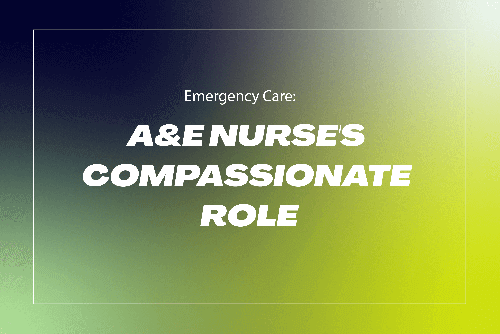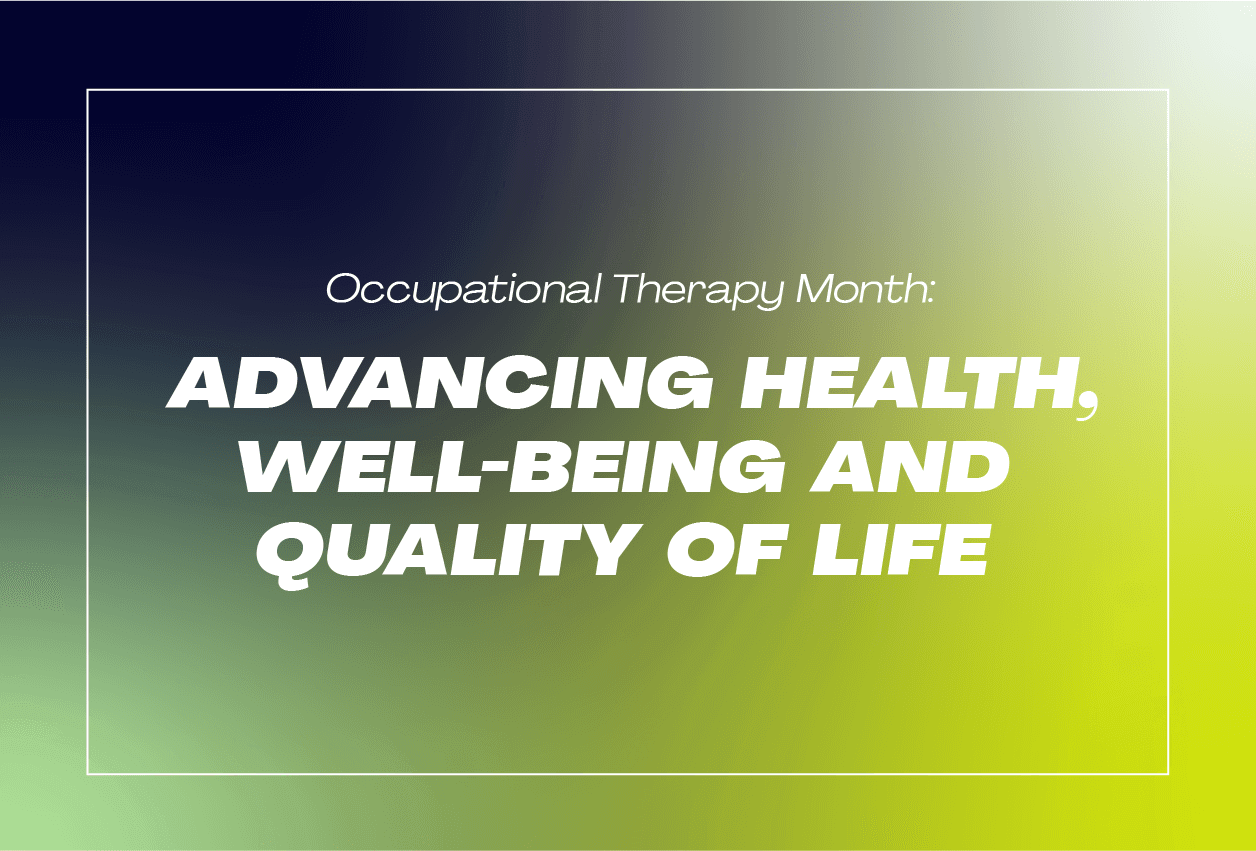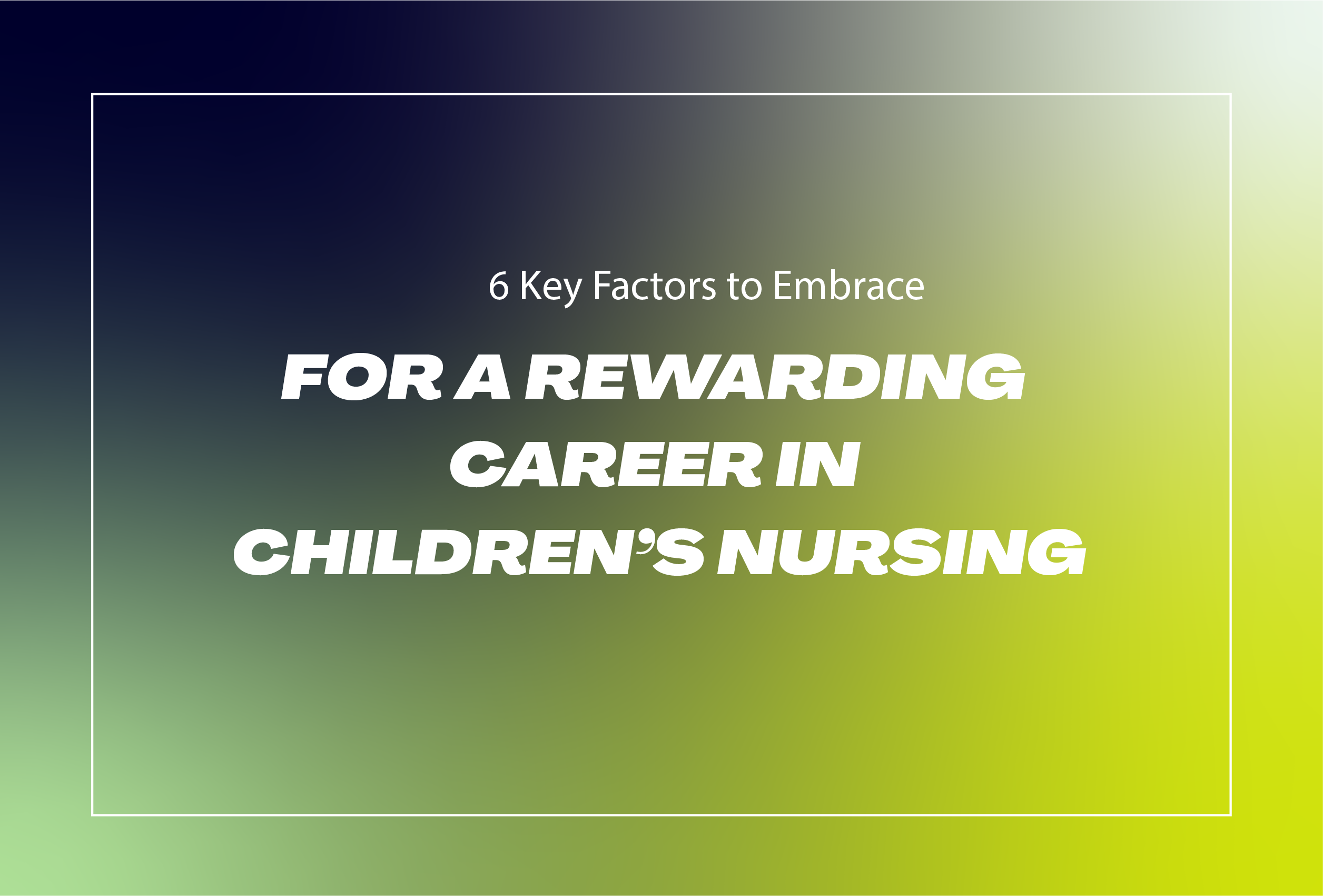By Rachel Lamb . 22/06/2017 · 3 Minute read
So, you want a career in healthcare without the cost of university. What do you do?
There are in fact many positions within the healthcare system that don’t require a degree. According to the NHS, only around half of their workforce has a degree or professional qualification, meaning there are plenty of jobs about that don’t require one.
In certain circumstances, you might find that the employer prefers a minimum amount of experience or experience in a field that is linked to the job you’re applying for. They may encourage you to have something along the lines of an NVQ, BTEC or National Certificate, which can often be earned whilst you work.
Which Jobs Can I Look At?
The NHS has a progression scale that’s referred to as ‘Bands’.
Jobs that are listed as Band 5 and above are typically for those who have completed a university degree. Usually if a job is labelled as Band 3 (sometimes 4) or below, it is suitable for people without a degree, those in the process of completing one, those who have little experience or at times, no experience at all.
These jobs can be extremely varied, including anything from working on the reception desk to taking blood samples.
Many of the roles are as an assistant or technician (excluding administration jobs). This means you get to enjoy the thrill of the healthcare environment without having full responsibility on your shoulders; you will be supported by a team or another member of staff with a higher qualification.
You can find assistant practitioner roles within the following areas:
(And more)
As a technician, you can find jobs in areas such as:
- Sterile Services
- Pharmacy (sometimes known as an ATO)
- Physiotherapy
- Clinical Physiology
If you cope well with blood, you can even become a phlebotomist.
For someone hoping for a job that’s non-clinical, you’ll probably prefer a role along the lines of an administrator, medical secretary or a porter.
Useful Experience and Characteristics
It’s extremely useful if you have previous experience working within a hospital environment, even if it isn’t in the same field as the position you’re applying for now. Experience in other areas of health and social care is often accepted too.
The benefit of having previous healthcare experience is that you’re likely to be more familiar with how the hospital or department runs and have knowledge (even if basic) of some of the terminology used.
Strong communication skills are highly desired when it comes to healthcare jobs, as the majority of positions will require you to work in a team or directly with patients. You may also find that you need to be competent with computers.
Although you shouldn’t be asked for a degree, an employer will most likely request a minimum of 5 GCSEs, which include maths and English. If you don’t have these qualifications, it may be worth considering classes that will provide you with them (or the equivalent). These can usually be found at your local college.
For a full list of jobs at Your World, click here.









